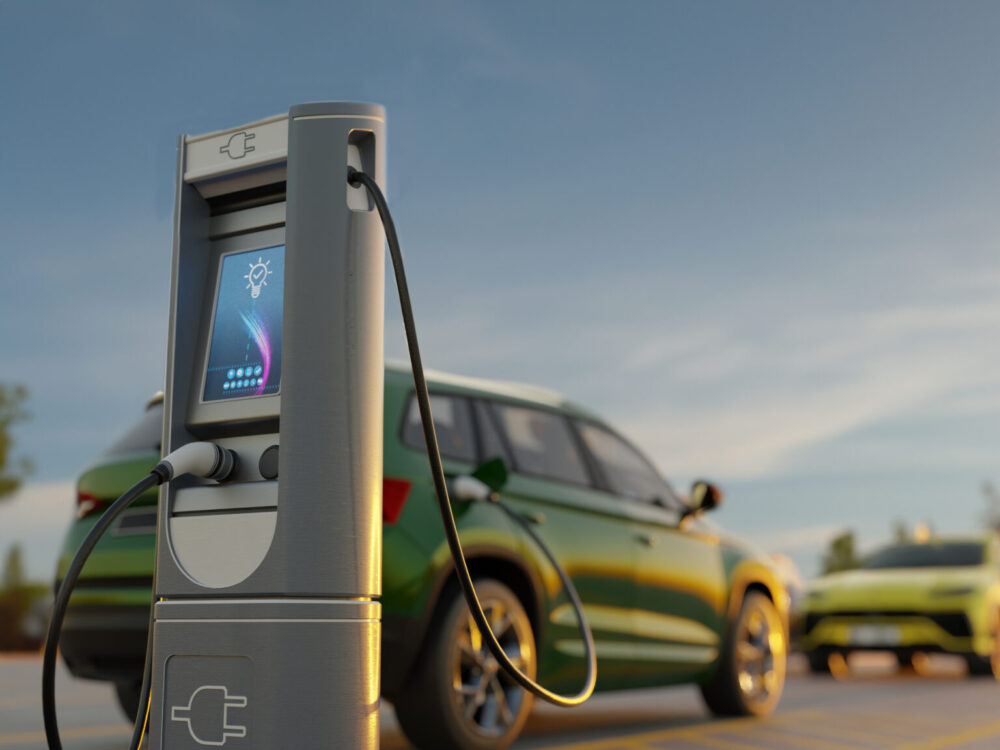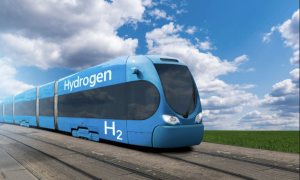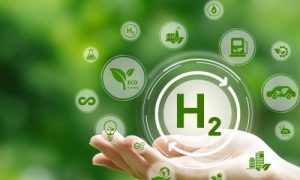Toyota can’t get enough of hydrogen: Now they will make ethanol engines like this one

Toyota, traditionally known for hydrogen fuel cell technology, is now exploring ethanol as a sustainable alternative fuel. Union Minister Nitin Gadkari announced that Indian businesses are developing ethanol-powered vehicles, including flex engines. Toyota plans to invest Rs 20,000 crore to produce these vehicles in India. Ethanol, derived from sugarcane and other biomass, offers a cleaner fuel option, supporting India’s goal of reducing emissions and reliance on oil imports.
Toyota, the Japanese automaker is taking a shift and diving into another fuel alternative called ethanol. This vehicle brand has always been known for its commitment to hydrogen fuel cell technology and how it is heavily invested in clean and sustainable resources as alternatives to traditional fuels that are harmful to the environment and cause climate changes such as global warming.
This new shift and direction is in sync with the wide industry trend and offers promising prospects for the use of renewable fuels in automobiles in the future. The Union Minister of Road Transport and Highways, Nitin Gadkari, announced that several Indian businesses are setting up plants to manufacture automobiles and motorcycles that run entirely on ethanol within the nation.
Toyota’s new path: Using ethanol as a cleaner substitute
Placing an effort to produce clean and zero-emissions technology accessible to the general public has been one of Toyota’s strengths in the automotive industry. The company has been an enthusiastic advocate of hydrogen fuel cells. Automobiles such as the Toyota Mirai have demonstrated the manufacturer’s conviction that hydrogen plays a pivotal role in mitigating greenhouse gas emissions and advancing environmentally friendly mobility.
To complement its enthusiasm, Toyota is now leaning towards ethanol as an alternative. It recently announced its mission to manufacture engines that can operate on 100% ethanol fuel. This renewable resource is also found and used in countries like Brazil. Since it comes from plant resources, ethanol produces a lot less greenhouse gas emissions than conventional fossil fuels, making it a more viable option for cutting car emissions.
Nitin Gadkari, the Union Minister of Road Transport and Highways who addressed the media while arriving at Parliament in a Toyota-made car, stated that,
“This is the world’s first vehicle with a flex engine and complies with the Euro 6 emission norms. It gives us net zero emissions. Runs on ethanol produced from sugarcane juice, corn, and molasses.”
According to ANI, Toyota has declared plans to invest Rs 20,000 crore to build a plant in Aurangabad, Maharashtra, that will produce flex cars. Gadkari further claims that Suzuki and Tata are developing 100% ethanol or flex engine vehicles. India has surplus resources and is capable of producing ethanol from sugarcane and other biomass. To lessen its reliance on oil imports and lower air pollution, the country has been actively pushing ethanol as a cleaner fuel.
The road ahead for ethanol engines: Opportunities and challenges
Ethanol has a lot to offer, however, challenges are inevitable for every initiative. One of the biggest concerns connected with the production of this engine type is food security and land use considering that a large-scale of it will need to be manufactured. Ethanol is produced from food crops such as sugarcane and corn, the concern comes from the fact that growing demand for biofuels may cause food prices to rise or promote deforestation.
Researchers and politicians are looking into other ethanol production strategies, like employing agricultural waste or non-food crops as feedstock, to discard these worries. Developments in cellulosic ethanol, which is made from plant parts that are not edible, may be able to lessen the negative environmental effects of ethanol production while maintaining food security.
On the positive side, the future looks bright for ethanol. This fuel type has the potential of receiving a vast amount of support as people and governments throughout the world are inclined to a greener economy and environment. For instance, the Indian government wants to increase the percentage of ethanol in petrol from the present level of about 10% to 20% by 2025. Both fuel producers and vehicles are benefiting from the push for increased ethanol use.
Toyota is putting itself in a position to meet the growing demand for cleaner, more sustainable cars while tackling the logistical issues related to hydrogen infrastructure by looking into the possibility of ethanol. Toyota is laying the groundwork for a more sustainable and environmentally friendly future by supporting renewable energy sources and lowering emissions, whether it be through the use of electric power, hydrogen, or ethanol.
Source: https://www.eldiario24.com/en/toyota-cant-get-enough-hydrogen-ethanol/1030/

















